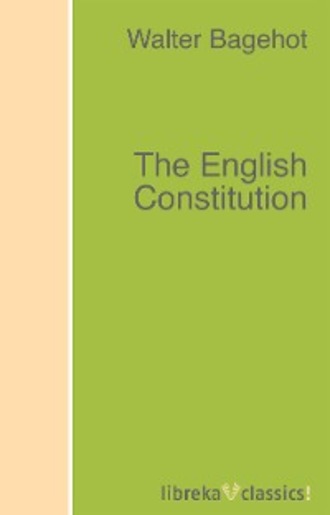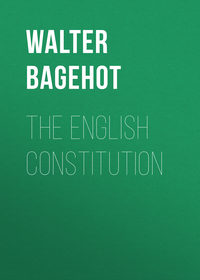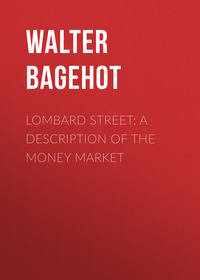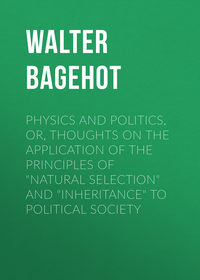
Полная версия
The English Constitution
These difficulties are particularly raised by questions of foreign policy. On most domestic subjects, either custom or legislation has limited the use of the prerogative. The mode of governing the country, according to the existing laws, is mostly worn into a rut, and most administrations move in it because it is easier to move there than anywhere else. Most political crises—the decisive votes, which determine the fate of Government—are generally either on questions of foreign policy or of new laws; and the questions of foreign policy come out generally in this way, that the Government has already done something, and that it is for the one part of the legislature alone—for the House of Commons, and not for the House of Lords—to say whether they have or have not forfeited their place by the treaty they have made.
I think every one must admit that this is not an arrangement which seems right on the face of it. Treaties are quite as important as most laws, and to require the elaborate assent of representative assemblies to every word of the law, and not to consult them even as to the essence of the treaty, is prima facie ludicrous. In the older forms of the English Constitution, this may have been quite right; the power was then really lodged in the Crown, and because Parliament met very seldom, and for other reasons, it was then necessary that, on a multitude of points, the Crown should have much more power than is amply sufficient for it at present. But now the real power is not in the Sovereign, it is in the Prime Minister and in the Cabinet—that is, in the hands of a committee appointed by Parliament, and of the chairman of that committee. Now, beforehand, no one would have ventured to suggest that a committee of Parliament on foreign relations should be able to commit the country to the greatest international obligations without consulting either Parliament or the country. No other select committee has any comparable power; and considering how carefully we have fettered and limited the powers of all other subordinate authorities, our allowing so much discretionary power on matters peculiarly dangerous and peculiarly delicate to rest in the sole charge of one secret committee is exceedingly strange. No doubt it may be beneficial; many seeming anomalies are so, but at first sight it does not look right.




